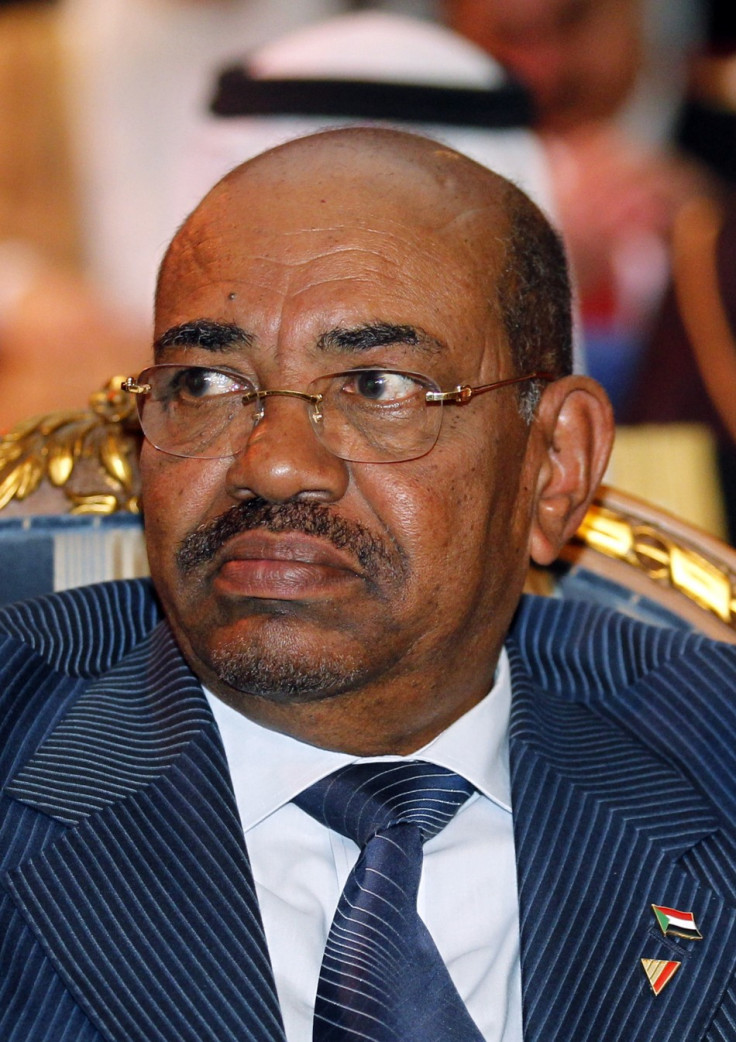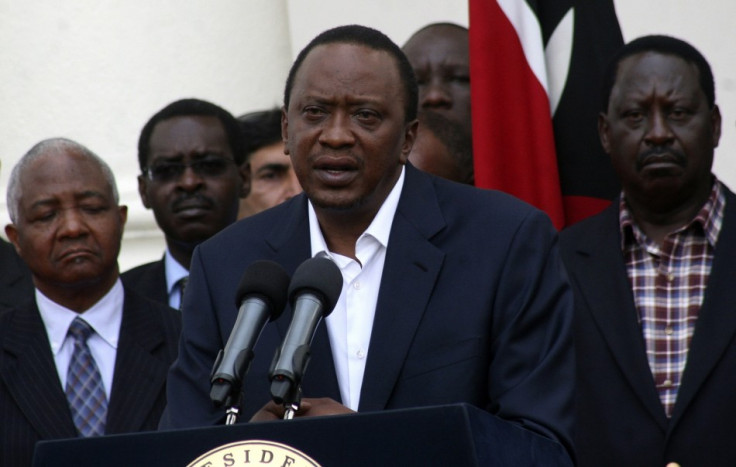Omar al-Bashir failure yet another blow for 'toothless' International Criminal Court

Omar al-Bashir is going home and his detention in South Africa has done little to further the US-led campaign for the Sudanese leader to be tried for war crimes in the International Criminal Court (ICC) over the alleged massacre of civilians in Darfur during 2003.
If it has raised the profile of the ICC it is only for its lack of teeth. A little under 15 years since it was established the Hague-based court has once again failed to get its man.
In a statement on 13 June the ICC warned of "deep concern about the negative consequences for the court in case of non-execution of the warrants by states parties". As South Africa has failed to keep hold of al-Bashir so that he can face charges of war crimes the ICC has lost its best chance yet of a victory that could help to silence its critics.
The ICC has been in the news recently after speculation that the Palestinian ascension to the Rome Statute could pave the way for Israel to be indicted by the court, but both the case of the Palestinians and the failure to get hold of al-Bashir belies the significant challenges that ICC has in prosecuting those accused of war crimes.
Over the past decade, it has been notably short on victories. Of the 36 people that the court has indicted since 2005, 24 cases are ongoing – or stalled, depending on who you ask – and 10 are at large, including Sudan's al-Bashir.
There is a disproportionate focus on Africa.
Another fugitive is Ugandan militia leader Joseph Kony, founder of the Lord's Resistance Army (LRA) which is alleged to have committed massive and widespread human rights abuses including the forcible recruitment of thousands of child soldiers.
Indeed, the ICC has only secured two convictions in 10 years: Germain Katanga is serving 12 years on war crimes charges for his role in atrocities in the Democratic Republic of Congo in 2003 and Thomas Lubanga Dyilo, another DRC rebel leader, is serving 14 years.
A more prominent number is the 11 individuals who have stood trial and either been acquitted, had charges dismissed or died during proceedings. These include current Kenyan President Uhuru Kenyatta, who was indicted on charges of crimes against humanity but later had the charges withdrawn in March 2015.

It is true that much of this failure stems from the politics of international justice. Cases are typically referred to the ICC by the United Nations Security Council, which is of course bound by its own politics. The al-Bashir indictment was spearheaded by the US, a Security Council member, which is the key reason that it has attracted such prominence.
Similarly, Ugandan warlord Kony was and is a target of the US government for his crimes in central Africa.
This, and the fact that every figure either wanted, currently being tried or having been convicted by the ICC is from Africa has led to charges of racism from African leaders and particularly the African Union, with both Ethiopia and Kenya both lobbying other African nations to boycott the international court.
Critics point out that while plenty believe that both former US President George Bush and former British Prime Minister Tony Blair were involved in decisions that could constitute war crimes under the Rome Statute, no effort has been made to indict either. Even in less controversial cases, it has been observed that those countries close to the West have escaped the attention of the ICC.
"There is a disproportionate focus on Africa [...] When we have equally compelling evidence in other parts of the world where we don't see the ICC [getting involved] then there is reason to suspect that it only becomes an issue in international relations when it comes to the powerless. So the allegations do hold," said Awol Kassim Allo, fellow in human rights at the Centre for the Study of Human Rights at the London School Economics (LSE).
A total of 30 African Union states signed up to the ICC when it was founded in 2002 in the wake of atrocities in Rwanda and the Balkans. There are 123 global signatories with a number of notable exceptions: non-members include China and India while the US has not ratified it.
The ICC did not respond for requests for comment from IBTimes UK on Monday 15 June.
The al-Bashir case has created a difficult situation for South Africa which is bound by its obligations under the Rome Statute but equally reluctant to alienate the African Union. It comes at a time when South Africa's neighbours are already scrutinising the regional powerhouse over the riots that targeted immigrants from other parts of Africa earlier this year.
"It [is] a very difficult game for South Africa [...] off the back of the attack on foreign migrants a few weeks ago," Allo said.
The next test for the ICC will be Palestine, with a UN report expected later this week that will look at alleged Israeli atrocities during the Gaza war and could form the basis of a Palestinian case before the court. Critics have already suggested that the move will be unsuccessful, and al-Bashir and the ICC's powerlessness to apprehend him – despite South Africa being a signatory to the Rome Statute – does not bode well for either the Palestinians or the international court.
© Copyright IBTimes 2025. All rights reserved.





















